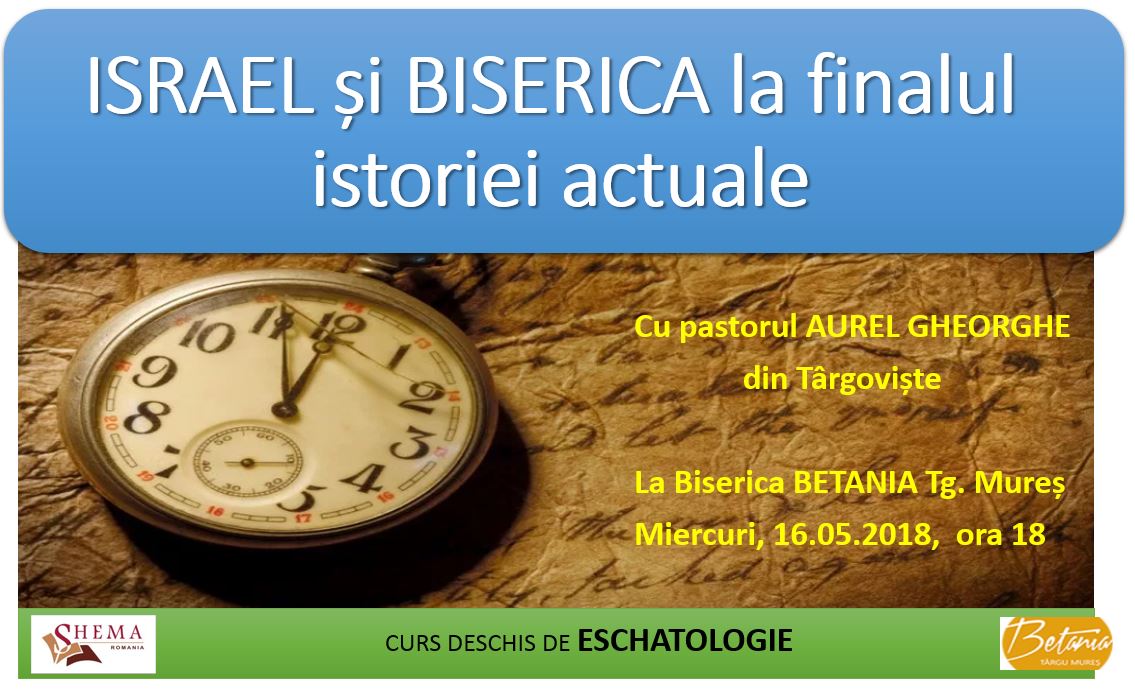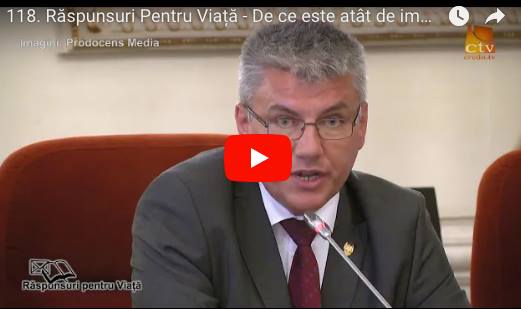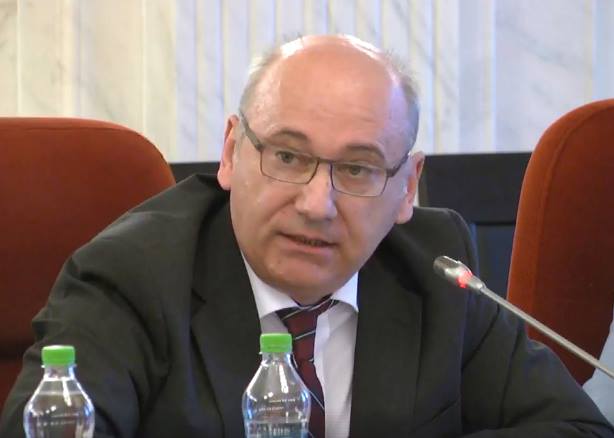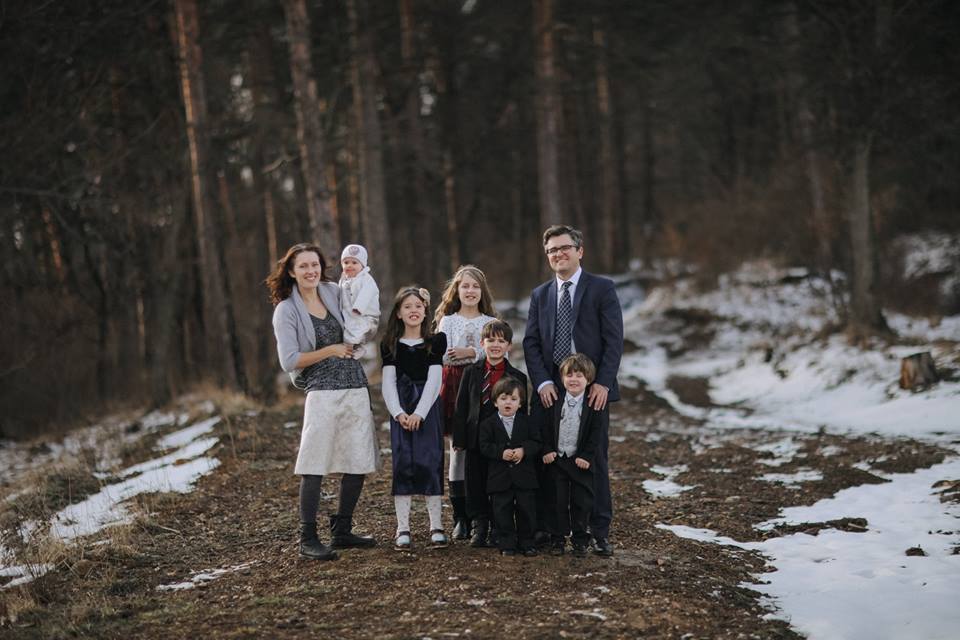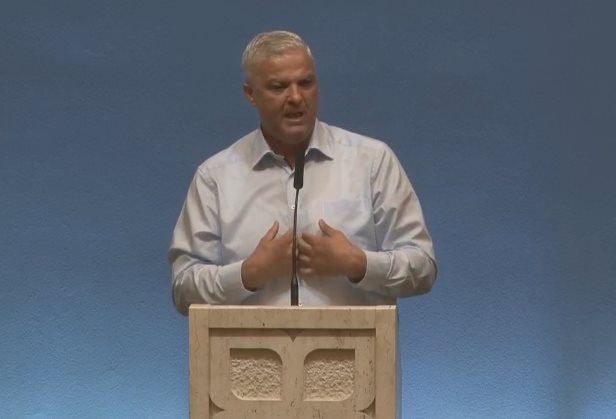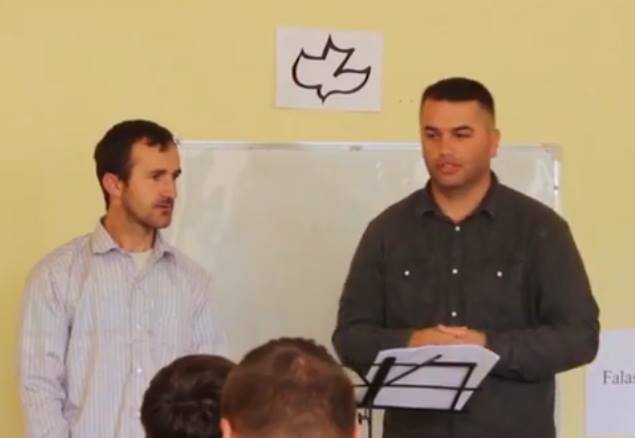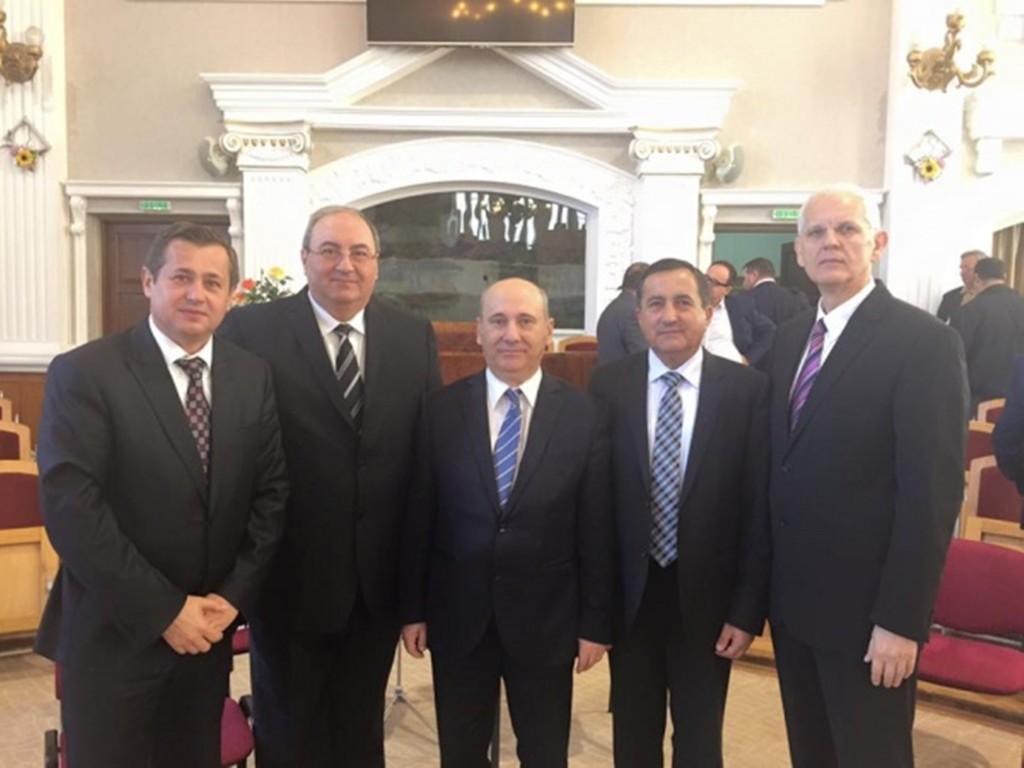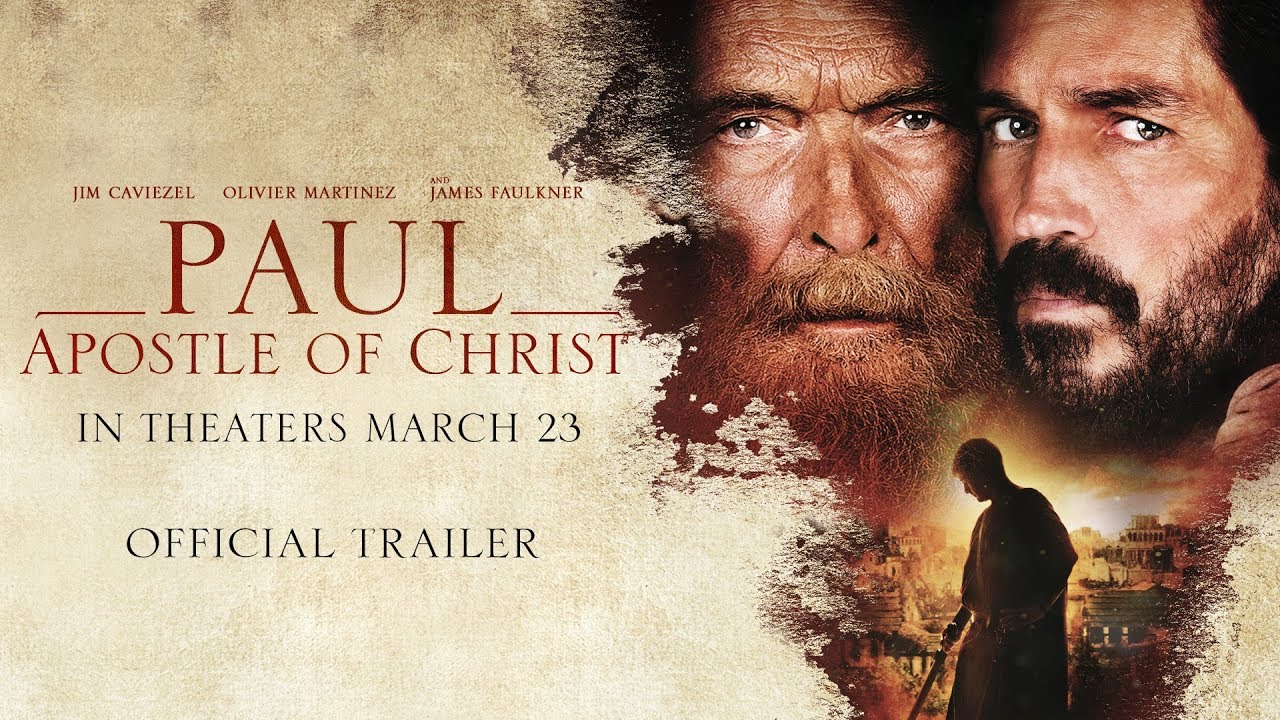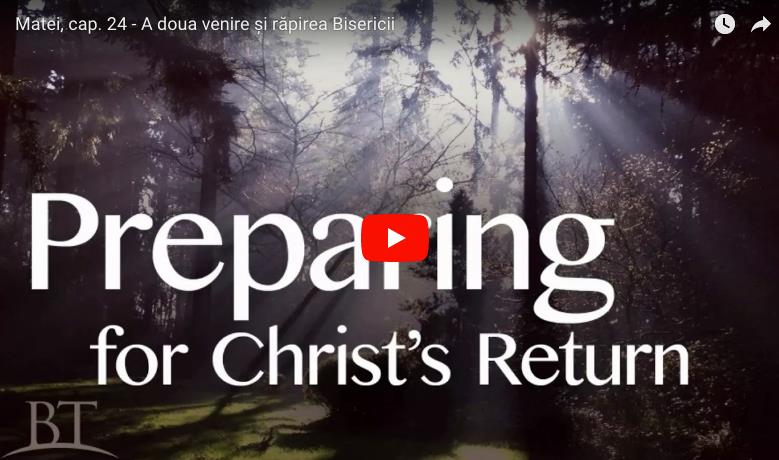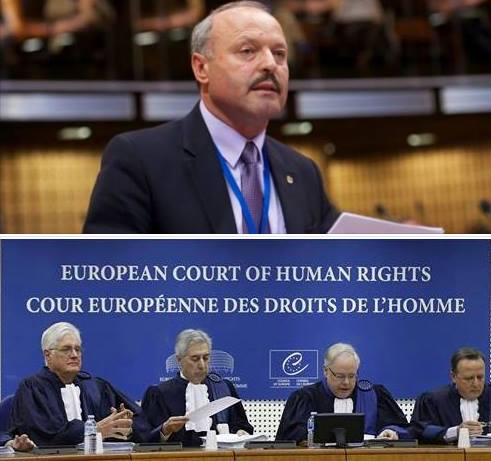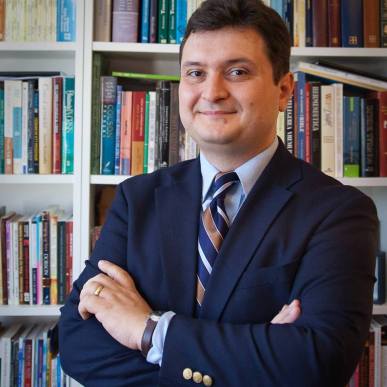 See an in depth article below video, with link to the full article on the Gospel Coalition website:
See an in depth article below video, with link to the full article on the Gospel Coalition website:
Lecture – Dr D.A. Carson – given Saturday, April 27, 2013 at the Lanier Theological Library in Houston, TX. Topic:Going Beyond Cliches: Christian Reflections on Suffering and Evil.
Dr. D. A. Carson is a Research Professor at Trinity Evangelical Divinity School in Deerfield, IL. He came to Trinity from the faculty of Northwest Baptist Theological Seminary in Vancouver, British Columbia, where he served for two years as academic dean. He also taught at Northwest Baptist Theological College, Richmond College, and Central Baptist Seminary in Toronto.
Dr. Carson’s areas of expertise include biblical theology, the historical Jesus, postmodernism, pluralism, Greek grammar, Johannine theology, Pauline theology, and questions of suffering and evil.
He is a member of the Tyndale Fellowship for Biblical Research, the Society of Biblical Literature, the Evangelical Theological Society, the Canadian Society of Biblical Studies, and the Institute for Biblical Research. Dr. Carson was founding chair of the GRAMCORD Institute, a research and educational institution designed to develop and promote computer-related tools for research into the Bible, focusing especially on the original languages. He is also a founding council member of The Gospel Coalition.
Carson was born in Montreal, Quebec, but grew up in Drummondville, Quebec. He earned his B.S. (1967) in chemistry and mathematics from McGill University, his M.Div. from Central Baptist Seminary (Toronto), and his Ph.D. (1975) in the New Testament from the University of Cambridge. Carson married his wife Joy in 1975. They reside in Libertyville, Illinois, and have two children.
Carson is the author or coauthor of over 50 books, including the award-winning book The Gagging of God (2010) and An Introduction to the New Testament (2005). He is general editor of Telling the Truth: Evangelizing Postmodern’s (2002) and Worship by the Book (2002). His other books include, Exegetical Fallacies (1996), Hermeneutics, Authority, and Canon (2005), and also The Intolerance of Tolerance (2012). He has served as a pastor and is an active guest lecturer in church and academic settings around the world.
Six Pillars to Support a Christian Worldview for Stability Through Suffering
- Insights from the beginning of the Bible’s storyline
- Insights from the end of the Bible’s storyline
- Insights from the place of innocent suffering
- Insights from the mystery of providence
- Insights from the centrality of the incarnation and the cross
- Insights from taking up our cross (insights from the persecuted global church)
VIDEO by fleetwd1 for more information http://www.laniertheologicallibrary.org/
Going Beyond Cliches:
Christian Reflections on Suffering and Evil
Here is a very helpful article that outlines Carson’s 6 pillars of a Christian view of suffering – http://thegospelcoalition.org/blogs In the blog post, Matt Smethurst, of the Gospel Coalition lists the 6 pillars:
After differentiating „natural” evil (e.g., tornados), „malicious” evil (e.g., sexual assault), and „accidental” evil (e.g., a bridge collapse)—and observing that this isn’t a uniquely Christian challenge („No matter your worldview, you must face the reality of suffering and evil”)—Carson proceeds to reveal the six pillars.
- Insights from the beginning of the Bible’s storyline. Carson observes: „What Jesus seems to presuppose is that all the sufferings of the world—whether caused by malice [as in Luke 13:1-3] or by accident [as in Luke 13:4-5]—are not peculiar examples of judgment falling on the distinctively evil, but rather examples of the bare, stark fact that we are all under sentence of death.”
- Insights from the end of the Bible’s storyline. The believer’s ultimate hope is that the created order—now so disordered by the effects of sin—will one day be set right (Rom. 8:18-25)
- Insights from the place of innocent suffering. „Job 42 is to the rest of Job what Revelation 21-22 is to the rest of Revelation,” Carson observes. „Not only is justice done, it’s also seen to be done.”
- Insights from the mystery of providence. Here Carson sketches a brief defense of compatibilism in which he demonstrates two scriptural tensions: (1) God is absolutely sovereign, but his sovereignty never functions to mitigate human responsibility, and (2) men and women are morally responsible creatures, but their moral responsibility never makes God absolutely contingent.
- Insights from the centrality of the incarnation and the cross. God was not blindsided by Calvary (Acts 2:23; 4:27-28).
- Insights from taking up our cross (learning from the persecuted global church). Though we often think of suffering primarily in terms of „cancer or old age or poverty or war,” Carson notes, the New Testament texts that most commonly speak of suffering have to do with Christian suffering—”and they are remarkable” (see, for example, Acts 5:40-42;Rom. 8:17; Phil. 1:29; 3:10; 1 Pet. 2:20-23). As he observes, „There have been more Christian conversions since 1800 than in the previous 1,800 years combined, and there have been more Christain martyrs since 1800 than in the previous 1,800 years combined. And to this you have been called [1 Pet. 2:21].”A robust theology of suffering is necessary but not sufficient, Carson insists, for at least two additional attitudes characterize mature Christians: (1) they admit their guilt before God and cry to him for renewal and revival (see, for example, Neh. 8-9), and (2) they are quick to talk about the sheer goodness of God.
How Could A Good God Allow Suffering?
This video is from the Gospel Coalition LA Regional Conference on November 6, 2010. D. A. Carson (Ph.D., University of Cambridge) is research professor of New Testament at Trinity Evangelical Divinity School. He has written or edited more than forty-five books, including An Introduction to the New Testament, The Gagging of God, and The Gospel according to John. VIDEO by WA BibleDepartment


 The
The  Photo credit
Photo credit  Photo credit
Photo credit 
 If you are involved in the music ministry print and read this article carefully and give it serious, prayerful thought. If you are not, print it anyways and share it with your music director and pastor. This is a valuable and thoughtful analysis for us all to consider.
If you are involved in the music ministry print and read this article carefully and give it serious, prayerful thought. If you are not, print it anyways and share it with your music director and pastor. This is a valuable and thoughtful analysis for us all to consider.

 After the overlap season with Jason, Noël and I and Talitha plan to leave town for a year or so and find a place for writing and reflection. There are several writing projects I want to make headway on. And I want some time and distance before I lock in to any pattern of ministry too quickly. I need to get some perspective and pray and think about the next 10 years.
After the overlap season with Jason, Noël and I and Talitha plan to leave town for a year or so and find a place for writing and reflection. There are several writing projects I want to make headway on. And I want some time and distance before I lock in to any pattern of ministry too quickly. I need to get some perspective and pray and think about the next 10 years.



 time writing and teaching, and mentoring at Bethlehem College and Seminary. In the video below Piper discusses succession plans and getting older with Tim Keller and D.A.Carson.
time writing and teaching, and mentoring at Bethlehem College and Seminary. In the video below Piper discusses succession plans and getting older with Tim Keller and D.A.Carson.
















